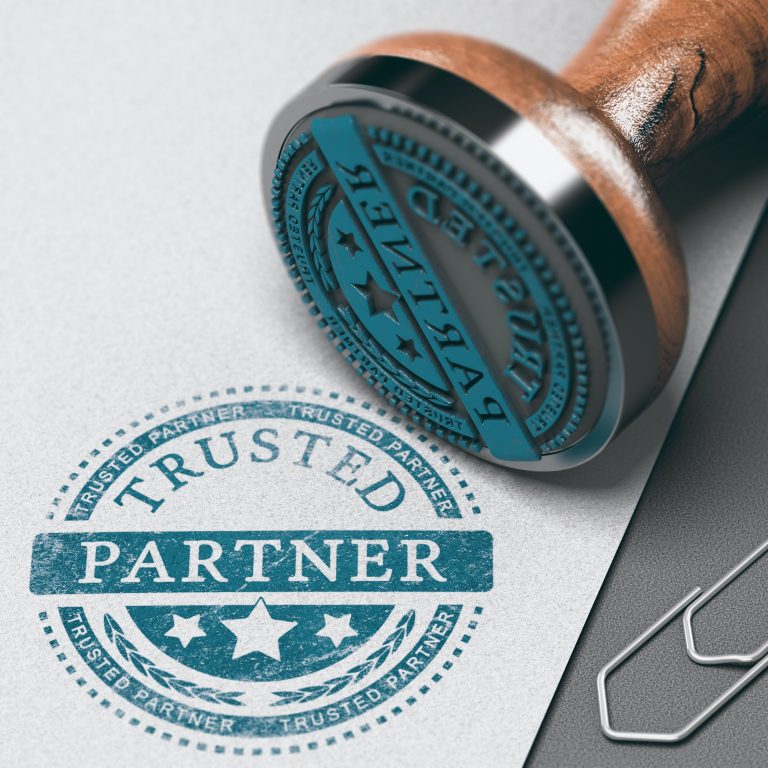Start managing your money
My interest is in the future because I am going to spend the rest of my life there
Charles Kettering
Beginning your working life with good financial decisions is often not complex. However, it does require discipline, a long-term outlook and some proper guidance. This commitment can help get you out of debt and keep you from living pay-cheque to pay-cheque. We can teach you the money management principles that can help you to prosper.
O.K. You want to manage your money but your salary is limited and you really do not have much money anyway.
So where can you find money to save? And, once you find it, where should this cash go?
Reducing Expenses
Budgeting allows you to look at your spending habits in black and white. Your budget shows you exactly where your money goes, helping you to manage it better. You can identify unnecessary expenses and redistribute this money to debt reduction, savings and investments. However, budgets, like diets, challenge most people to follow. Talk to us about simpler and more effective ways to manage your spending.
If you’re spending more than you make, think about areas where you can cut back. Don’t rule out getting a less expensive apartment, roommates, or trading in a more expensive car for a secondhand model. Other expenses that could be reduced include eating out, entertainment and vacations.
Reducing Debt
As a young adult, paying down debt is one of the first steps toward freeing up cash for the financial security you need.
If you owe balances on high-rate credit cards, try to obtain a low-interest credit card or bank loan and transferring your existing balances. Then plan to pay as much as you can each month to reduce the total balance and try to avoid adding new charges.
If you have student loans, you should begin paying them immediately. The longer you wait the more interest you will have to pay and defaulting on payment can affect your access to credit in the future.
Build an Emergency Fund or Cash Reserve
How would you pay the bills if your paychecks suddenly stopped?
If you should ever become disabled or lose your job, you’ll also need savings to fall back on until the money starts coming in again. Try to save at least six months’ worth of living expenses – this money must be easily accessible. Building this emergency fund is easier if you can have this money deducted automatically from your salary each pay period.To improve the return your emergency fund, your can put these money market funds. Money market funds invest in Treasury bills, short-term corporate loans and other low-risk instruments that typically pay higher returns than savings accounts.
Build Your Financial Future
It is never too early to begin planning for your retirement.
One of the best ways to do this is through an employer-sponsored retirement plan. These tax-advantaged plans allow you to make pretax contributions (up to a specific limit) and to accumulate funds without paying tax. At retirement, a portion of these funds may also be withdrawn free of tax.
The combination of tax-free savings and an early start are key factors in ensuring you have the retirement you envisage.
Other significant benefits for employer-sponsored pension plans are direct contributions made and, in some cases, matching contributions from your employer.




